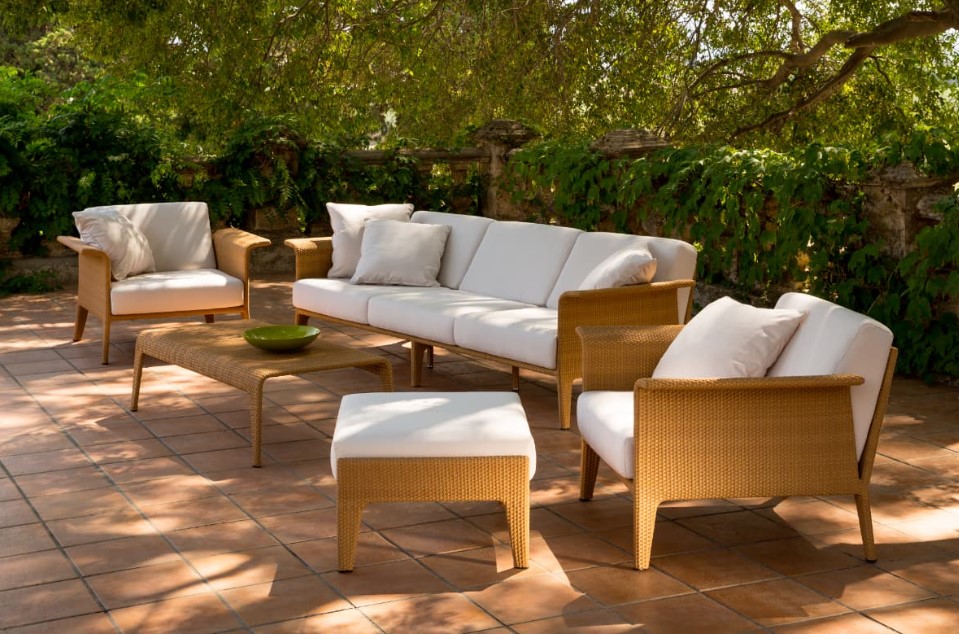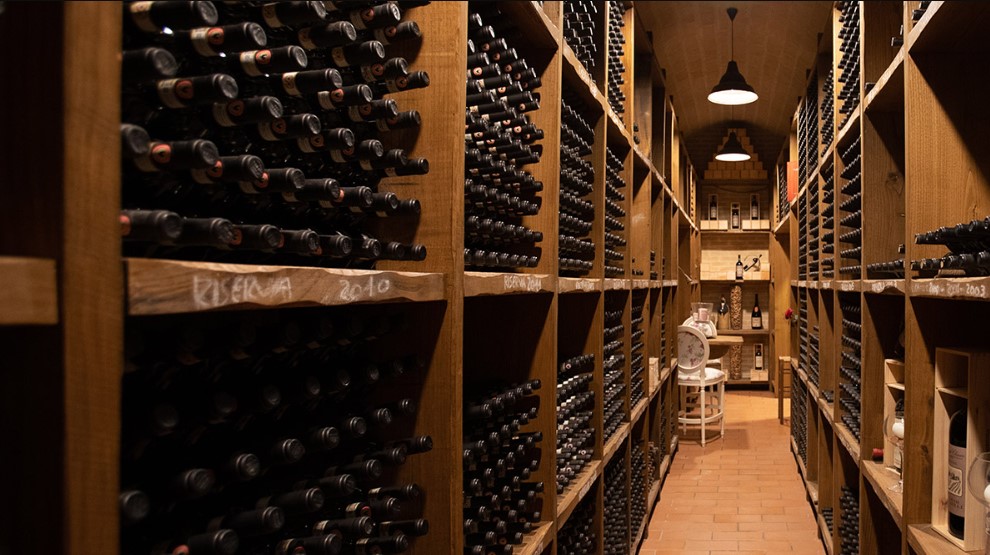
In exterior home remodeling, installing meticulously chosen furniture becomes an art form, transcending the traditional boundaries of outdoor spaces. From revitalizing garden areas to transforming patios into lavish lounges, the infusion of carefully curated high-quality furniture pieces redefines the essence of outdoor elegance.
The evolution isn’t solely about design; it orchestrates comfort, functionality, and aesthetics, breathing new life into exteriors. Discover the transformative impact of furniture in exterior remodeling, where each piece harmonizes with nature, creating inviting spaces that blur the line between indoor comfort and outdoor allure.
1. Enhanced Outdoor Comfort and Aesthetics
Outdoor contract-grade furniture significantly enhances comfort and aesthetics in outdoor home improvement projects. These pieces, like the iconic Guinea aluminum outdoor armchair or Emma Dormeuse Daybed, offer indoor-like comfort while withstanding outdoor elements. Suitable for gardens, terraces, porches, or marine areas, these items marry durability with style.
Their weather-resistant materials ensure longevity without compromising elegance. With various designs and colors available, homeowners can tailor their outdoor spaces to their preferences. Integrating contract grade outdoor furniture elevates enduring outdoor aesthetics, creating inviting, stylish environments perfect for relaxation or social gatherings while enjoying the outdoors in luxury and comfort.
2. Infusing Outdoor Versatility and Adaptability
Top-quality outdoor furniture is crucial in infusing versatility and adaptability into outdoor spaces. These contract-grade outdoor pieces transcend mere seating, offering functionality tailored to diverse outdoor activities. Their modular designs, adjustable features, and convertible elements facilitate easy reconfiguration, allowing homeowners to transform settings for dining, lounging, or entertaining.
From extendable tables to sectional seating, these adaptable pieces cater to different needs, enabling customization of layouts in gardens, patios, balconies, backyards, or rooftops. The adaptability makes outdoor spaces versatile hubs suitable for diverse uses, enhancing the overall outdoor experience by seamlessly catering to changing needs and occasions.

